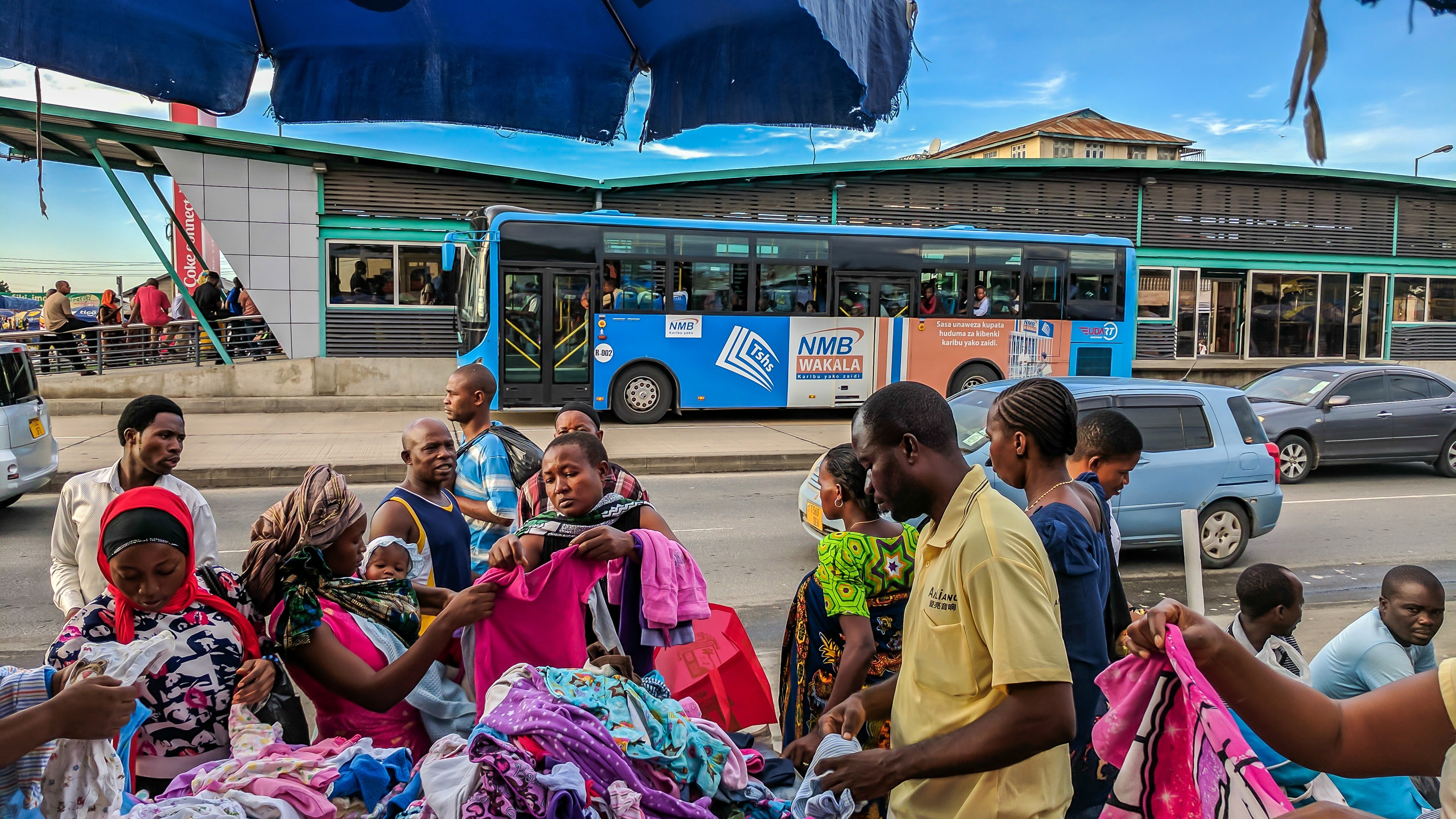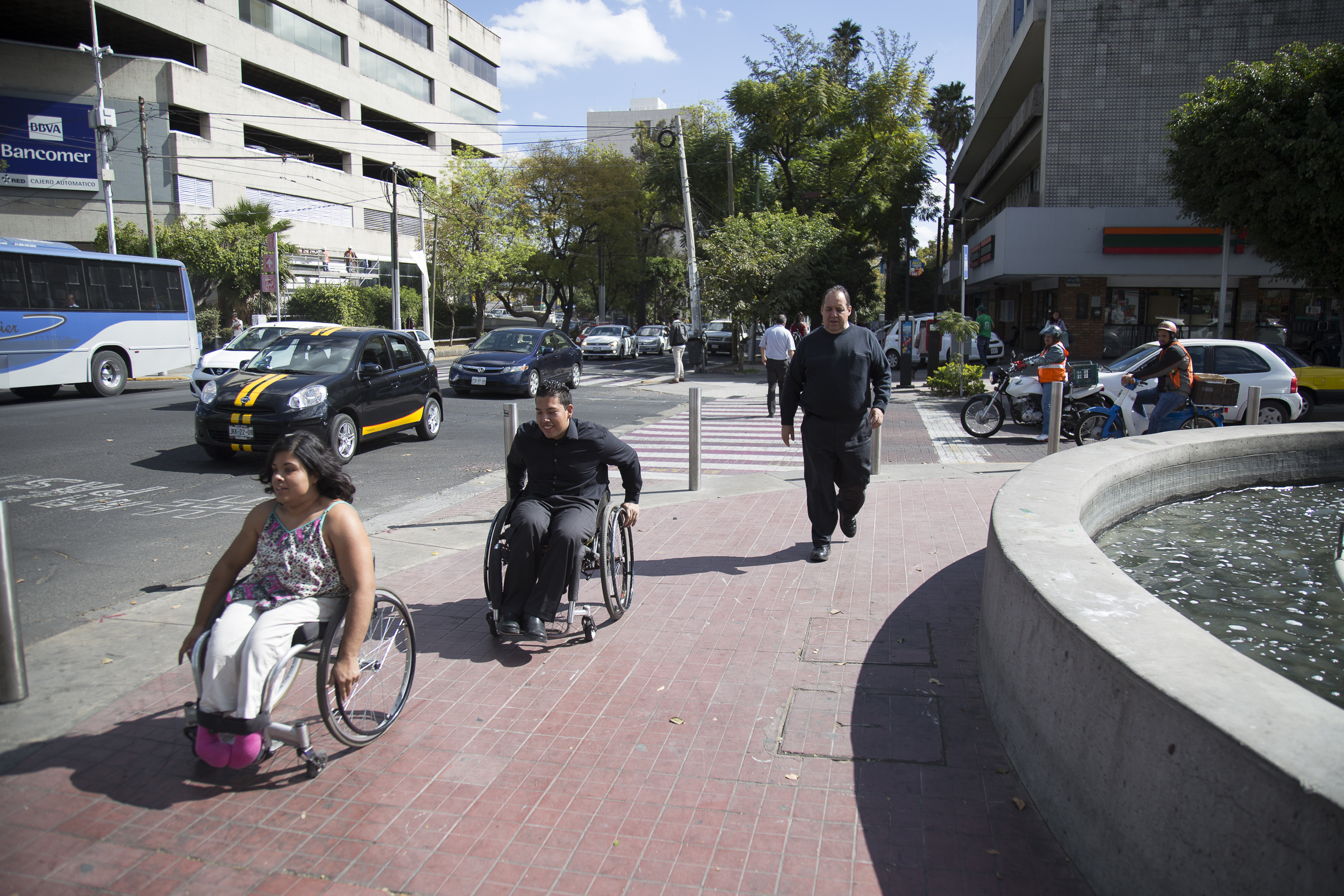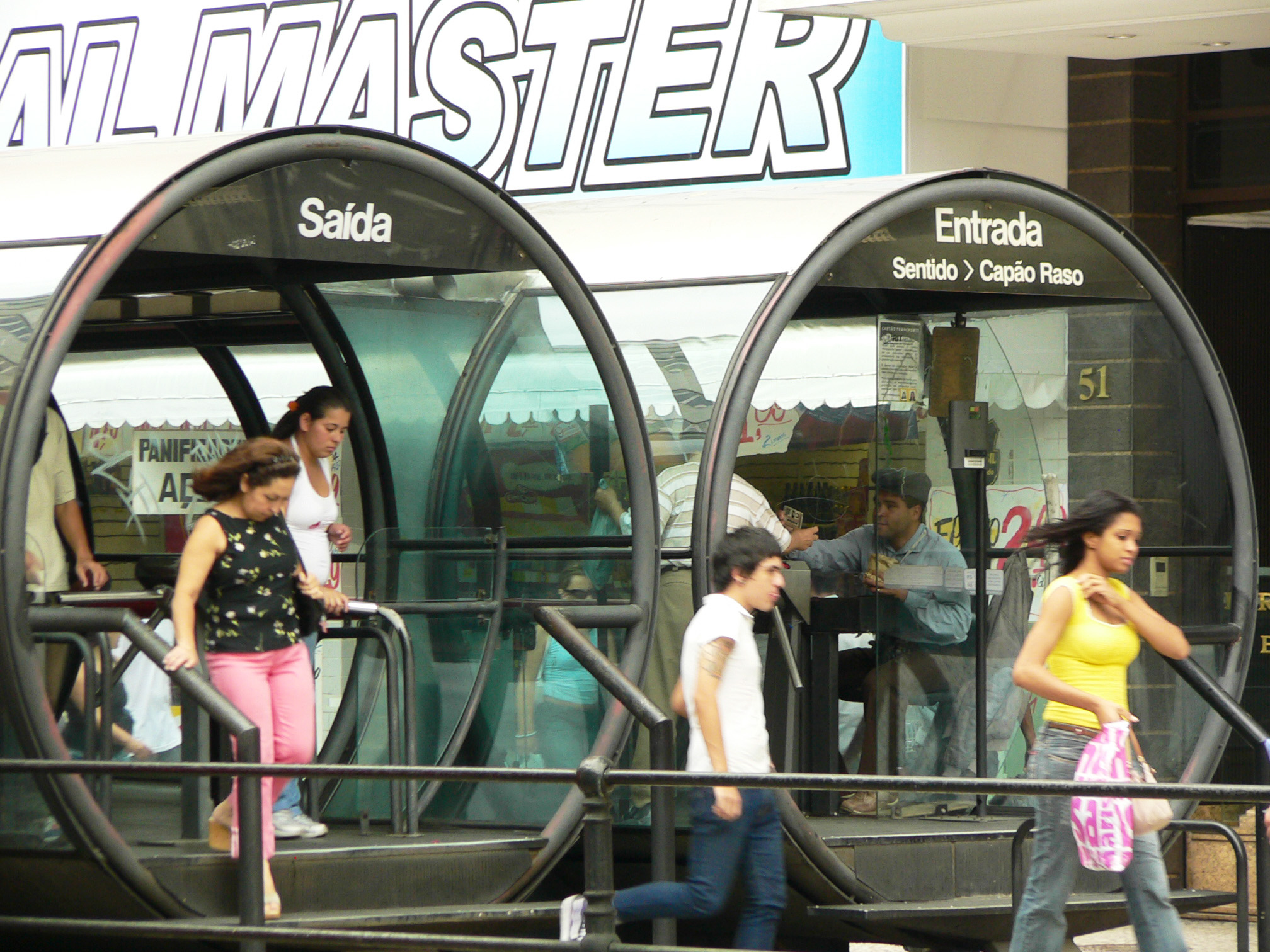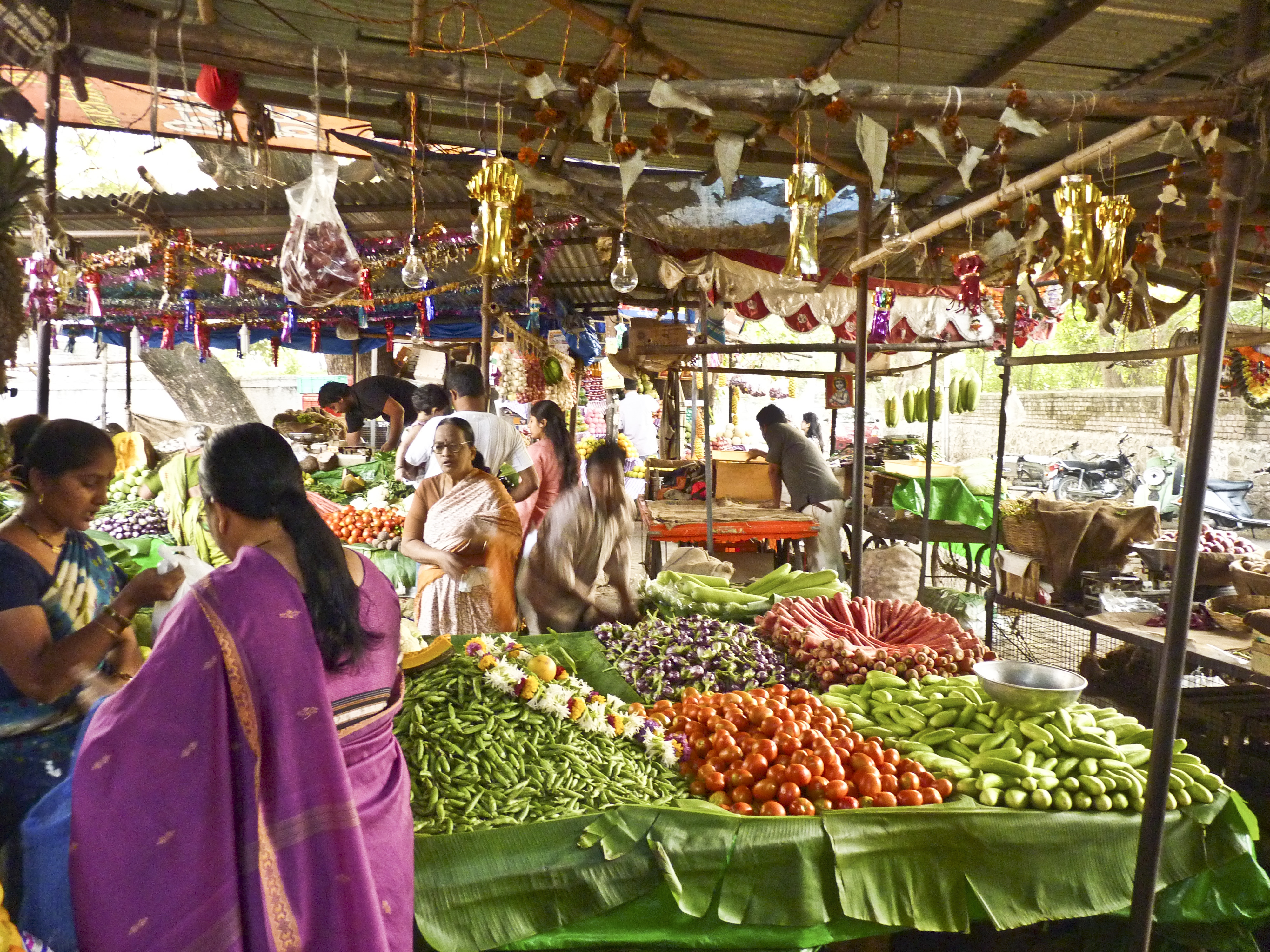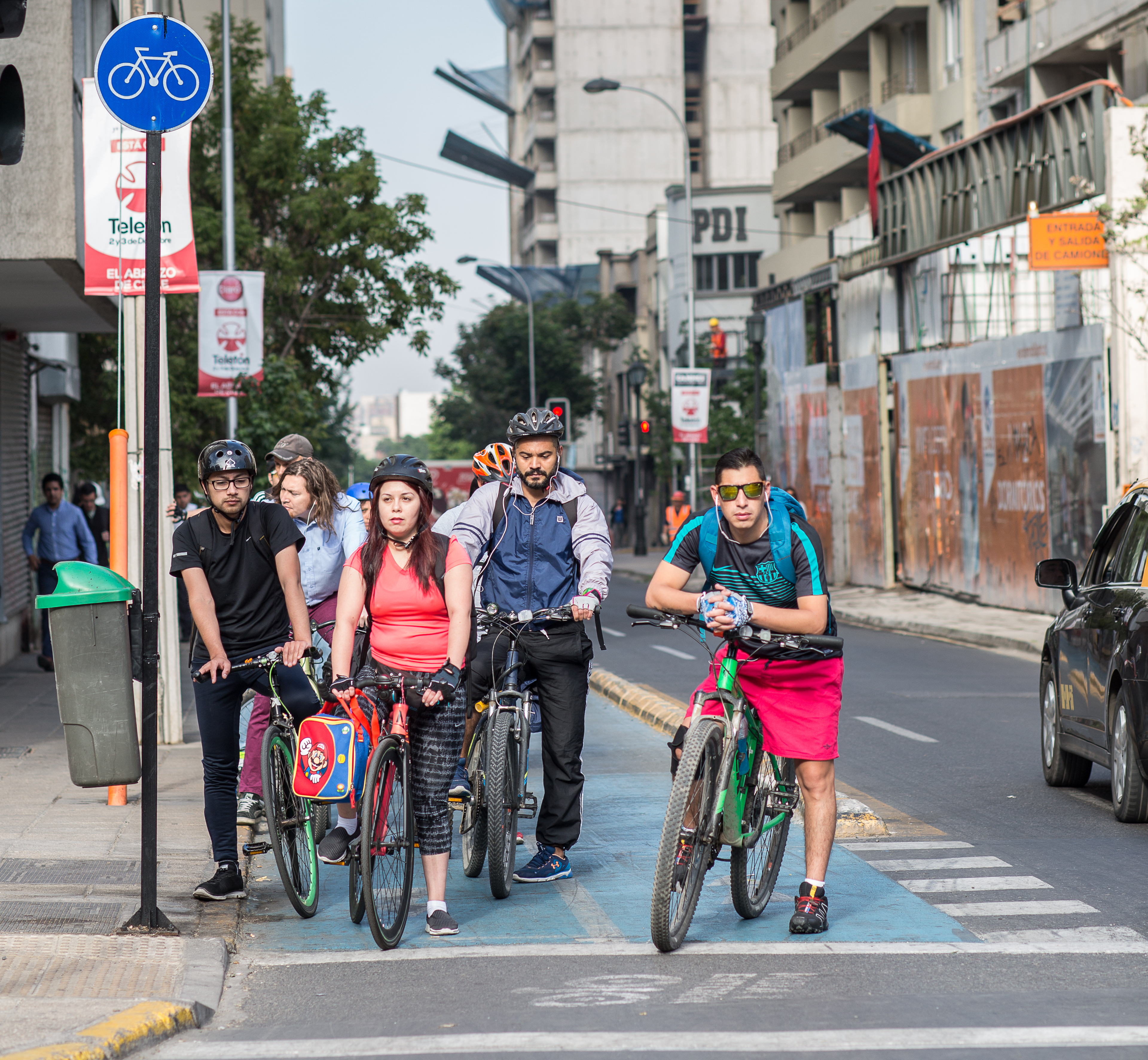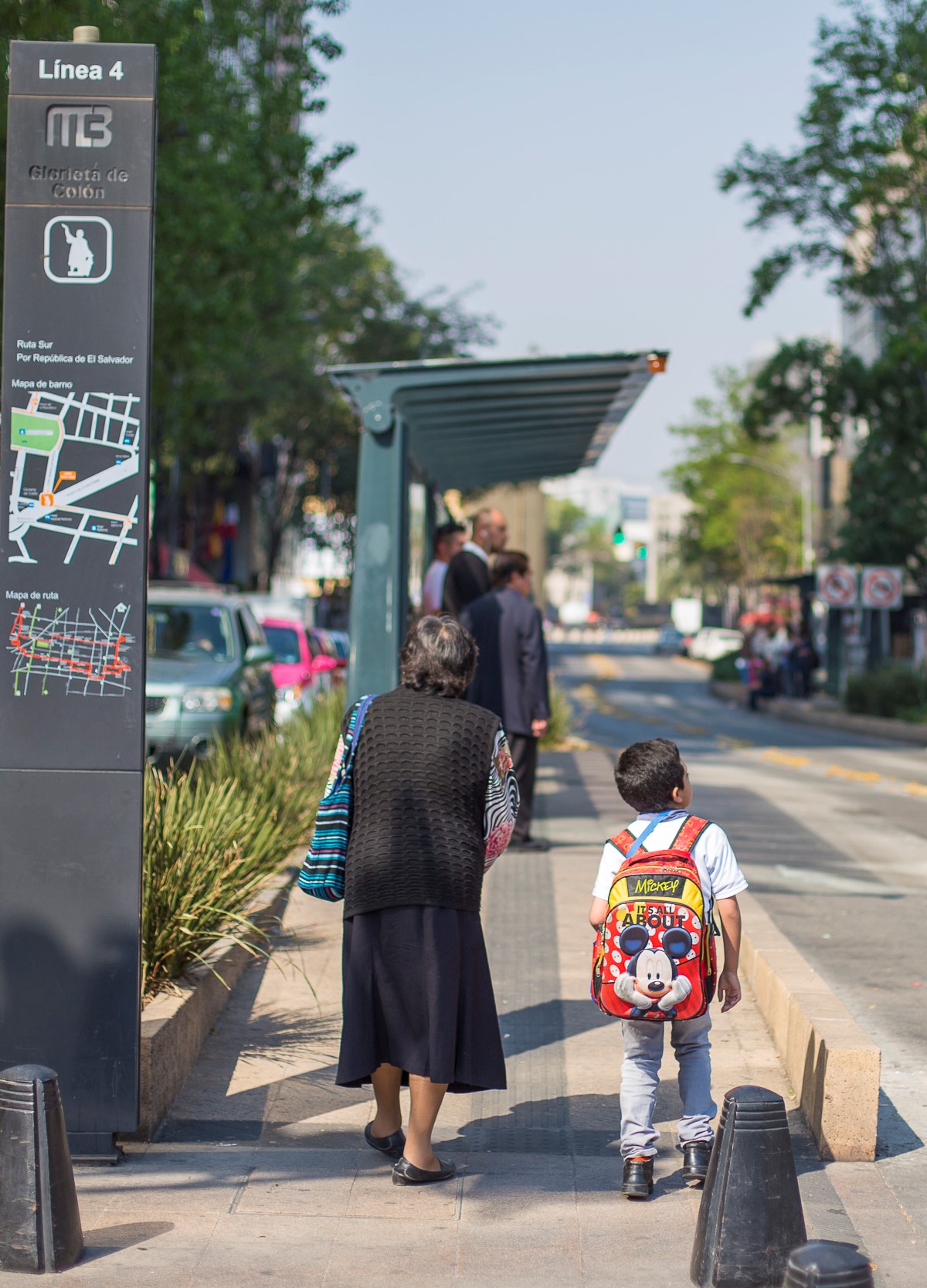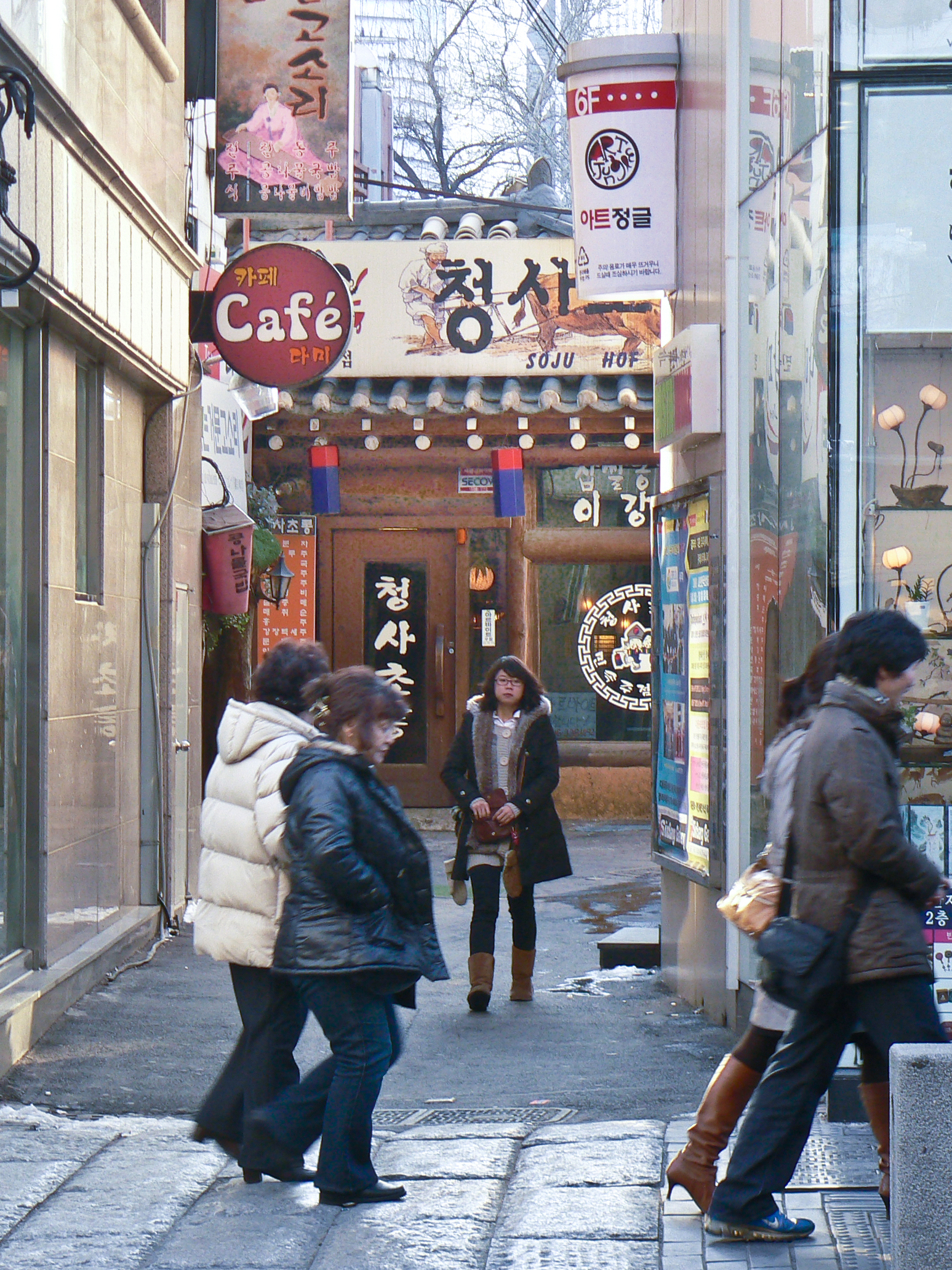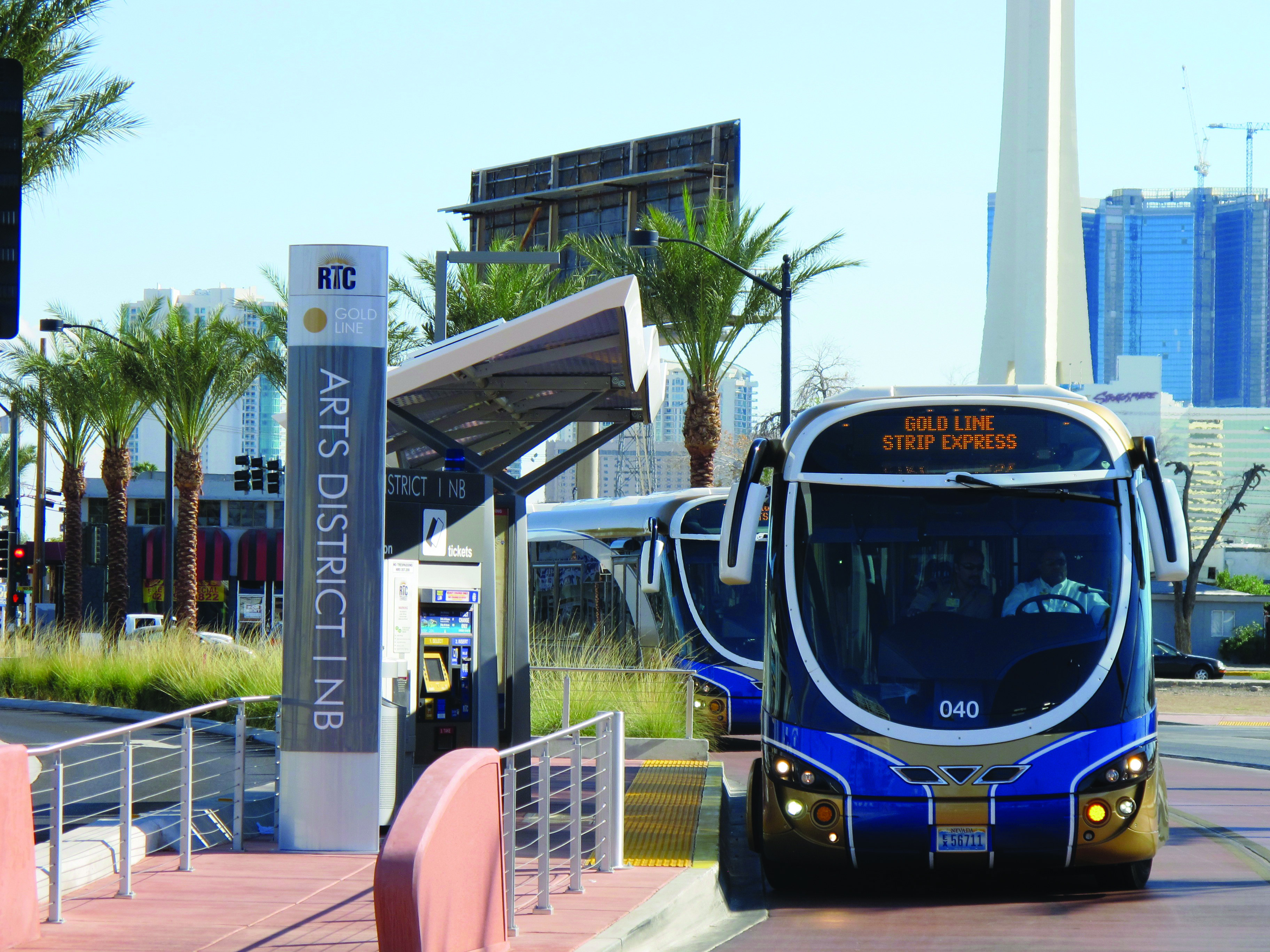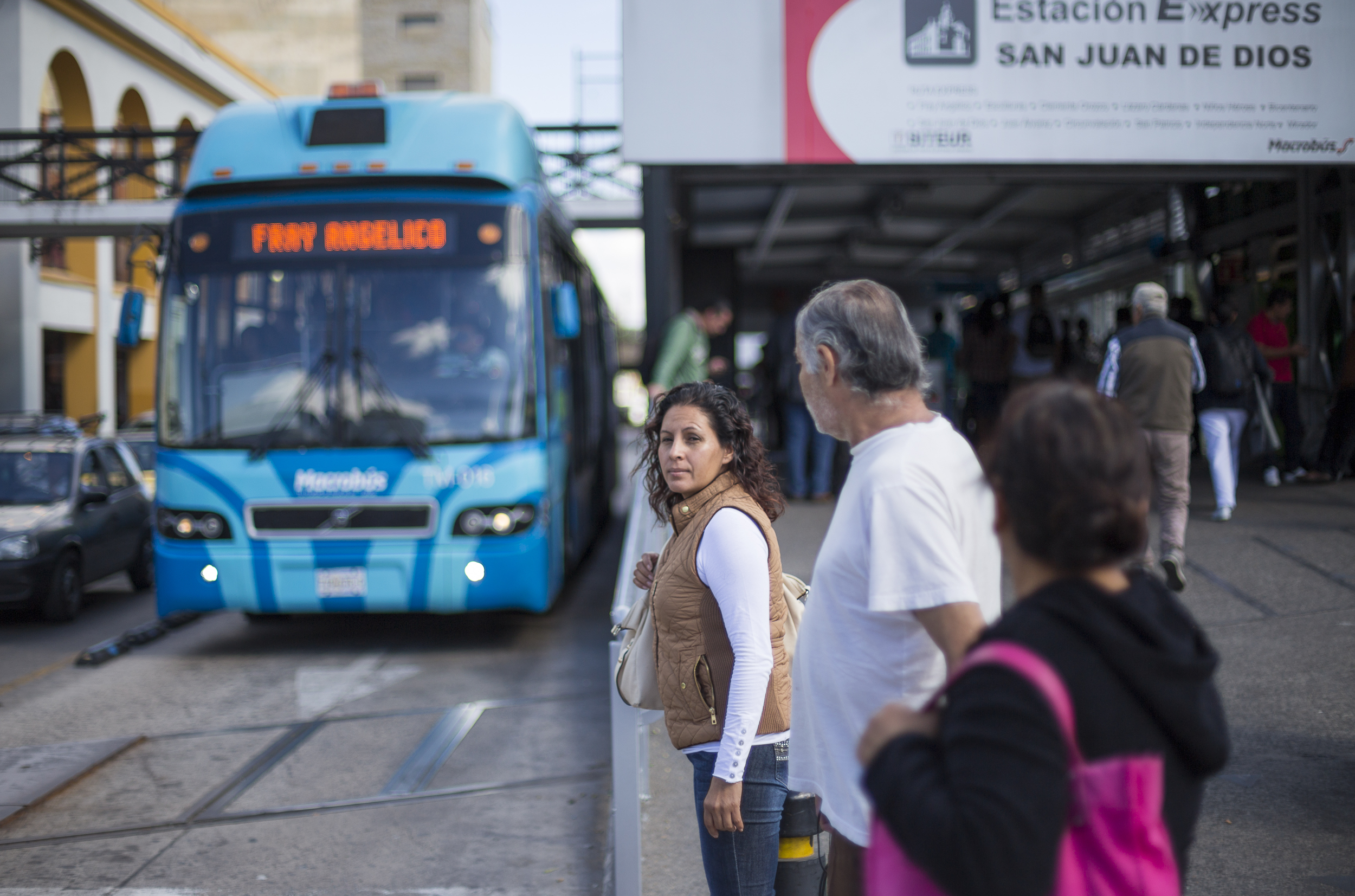 ITDP thanks our partners, the Ford Foundation, for their support of the new TOD Standard as an important resource to create equitable, transit centered cities around the world.
ITDP thanks our partners, the Ford Foundation, for their support of the new TOD Standard as an important resource to create equitable, transit centered cities around the world.
The TOD Standard stands for the rights of all to access the city: to walk and cycle safely, to easily and affordably reach the most distant destination through rapid and frequent transit, and to live a good life free of dependence on cars. It stands for access to opportunity, education, services, and all the resources available via no- or low-cost mobility options.
At the Ford Foundation, many decades of work on urban poverty reduction and a focus on social justice have taught us that the combined cost of housing and transport is by far the heaviest burden on poor urban households’ finances and time budgets. These costs are too often the main barrier to a true share in human development and well-being in prosperous cities for low-income and marginalized communities. We know we will not make meaningful progress on urban poverty without tackling the spatial inequities built in to our land use, housing, and transport systems that are exacerbating inequality and deepening poverty for the most vulnerable.
This new version of the TOD Standard gives us a stepping stone to defining urban development that integrates not just land use and transport but people, activities, and opportunities. It raises the bar for buildings and infrastructure to proactively meet the needs of all, regardless of age, ability, demographics or income, at all scales of development. It promotes inclusionary housing, as well as the provision of safe streets, local parks, playgrounds, primary schools, and health facilities for all neighborhoods, not just the wealthiest. It specifically acknowledges informal and substandard housing upgrading as fully fledged TOD projects worthy of investment and attention. It addresses the displacement of people through redevelopment as contrary to a balanced and inclusive development policy and incompatible with the highest TOD recognition.
The TOD Standard can help governments devise their plans, policies, regulations, legislation, and investment priorities to promote access for all as a basic common good, a source of freedom and dignity, and an important pillar to create Just Cities. This standard is also an instrument of inclusive and equitable civic engagement, calling on governments to set high standards for engaging the public in planning, regulating, decision making, and allocating resources.
The core principles and objectives enshrined in this standard have seen increasing recognition and adoption since ITDP started up in this field in 2010 with the Principles of Transport in Urban Life and the Our Cities Ourselves campaign. International, multilateral, national, and municipal institutions have been embracing the concept of inclusive transit-oriented development. High-level decision makers and practitioners support the idea, though there is still a long road ahead to achieve a global shift away from inequitable sprawl to more equitable and inclusive forms of urbanization. Wide and rapid adoption of the TOD Standard as urban planning and policy principles and benchmarks will have direct and immense potential benefits over time and across the globe. As we expect implementation to scale up rapidly in the next few years, it is important that unfair forms of redevelopment do not magnify unequal opportunity and outcomes. Inclusionary objectives need to be embedded in policies and in planning and design processes to actively protect and bring along people and social groups who might otherwise be excluded, marginalized, or not afforded the same full privileges as others.
The Ford Foundation has been a supporter of ITDP’s efforts to develop frameworks and metrics to measure access and inclusion in cities. The TOD Standard is the result, and this new version will help citizens in all capacities find the right tools for creating inclusive transit-oriented communities. Now we all collectively need to work to get there.
Amy Kenyon
Program Officer, Equitable Development
Ford Foundation
Download The TOD Standard here and visit todstandard.org for more information.


